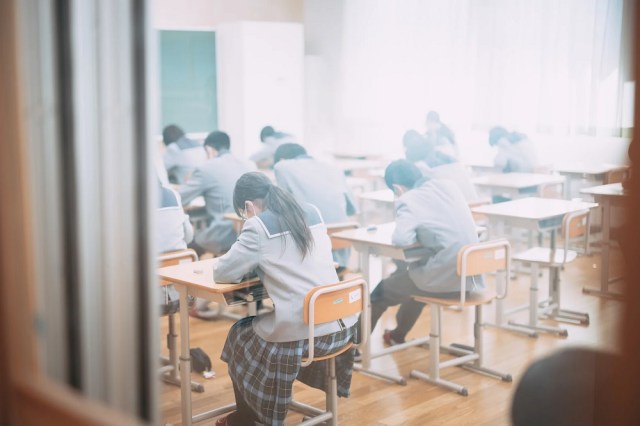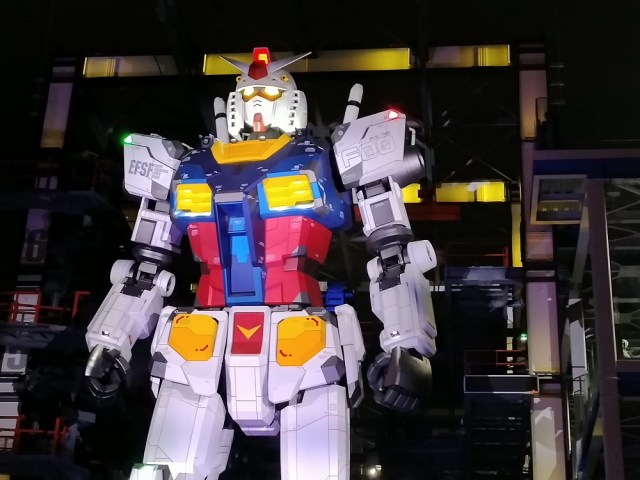
Kumamoto City Board of Education thinks robots can help ease kids with anxiety issues back into social interaction.
The Kumamoto City Board of Education is worried about the number of elementary and middle school-age children within the city who aren’t attending classes. According to the board’s statistics roughly, 2,760 kids within those age groups weren’t at school during the 2022 academic year, double the number for 2018.
So what’s the board’s latest plan to address this problem? Robots.
▼ But don’t worry, they’re not equipping truant officers with Gundams.

At a city council meeting held on September 4, the board presented its proposal to place robots in classrooms that can be controlled remotely by students who haven’t been attending classes. The robots are equipped with cameras, microphones, and speakers so that the students controlling them from home can see and hear what’s going on in the classroom, and also express themselves verbally during lesson-related discussions or when communicating with classmates. What’s more, the robots, which are roughly one-meter in height, are mobile, and can be piloted around the campus to participate in school activities held outside the classroom as well.
The goal of the project is to help pave a smoother path by which students who are not attending class due to stress, anxiety, or other social, psychological, or emotional issues can eventually return to in-person learning and social interaction with their peers. “There are some students who have trouble communicating, but have not rejected it entirely,” said a spokesperson for the board of education. “These robots provide a way to lower the hurdle to participating in quasi-experiences [with their classmates], and we hope that will then encourage them to take the next step [towards returning to attending class in person].”
The new proposal comes on the heels of a “virtual classroom” program that the board introduced in January, in which lessons are streamed over the Internet for non-attending students to see.
The goal of the robot plan is admirable, and educators looking for new ways to help children who are dealing with serious mental health issues is commendable as well. One can’t help but wonder, though, about how much more self-conscious a student might feel representing themselves with a robot avatar. Especially early in the program, a robot mixed in among the desks in a classroom or cruising down a hallway is going to attract attention from other students, which seems like it would be the opposite of what a child with anxiety would want.
That said, the board of education isn’t going to force any non-attending kids to use the robots if they don’t want to, and the project is starting off small in terms of scale. Kumamoto City has a population of roughly than 735,000 people, but the board’s plan is to start off with just two robots, which will be dispatched to schools that request use of them on specific days. If the proposal is approved, the robots could go into service as early as November, with the board evaluating the results following the end of the current academic year in March before deciding whether to continue/expand the program.
Source: Mainichi Shimbun, Yomiuri Shimbun
Top image: Pakutaso
Insert image ©SoraNews24
● Want to hear about SoraNews24’s latest articles as soon as they’re published? Follow us on Facebook and Twitter!

No hay comentarios:
Publicar un comentario